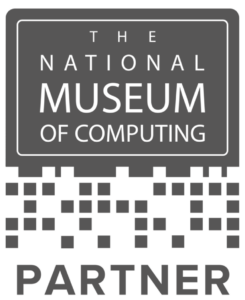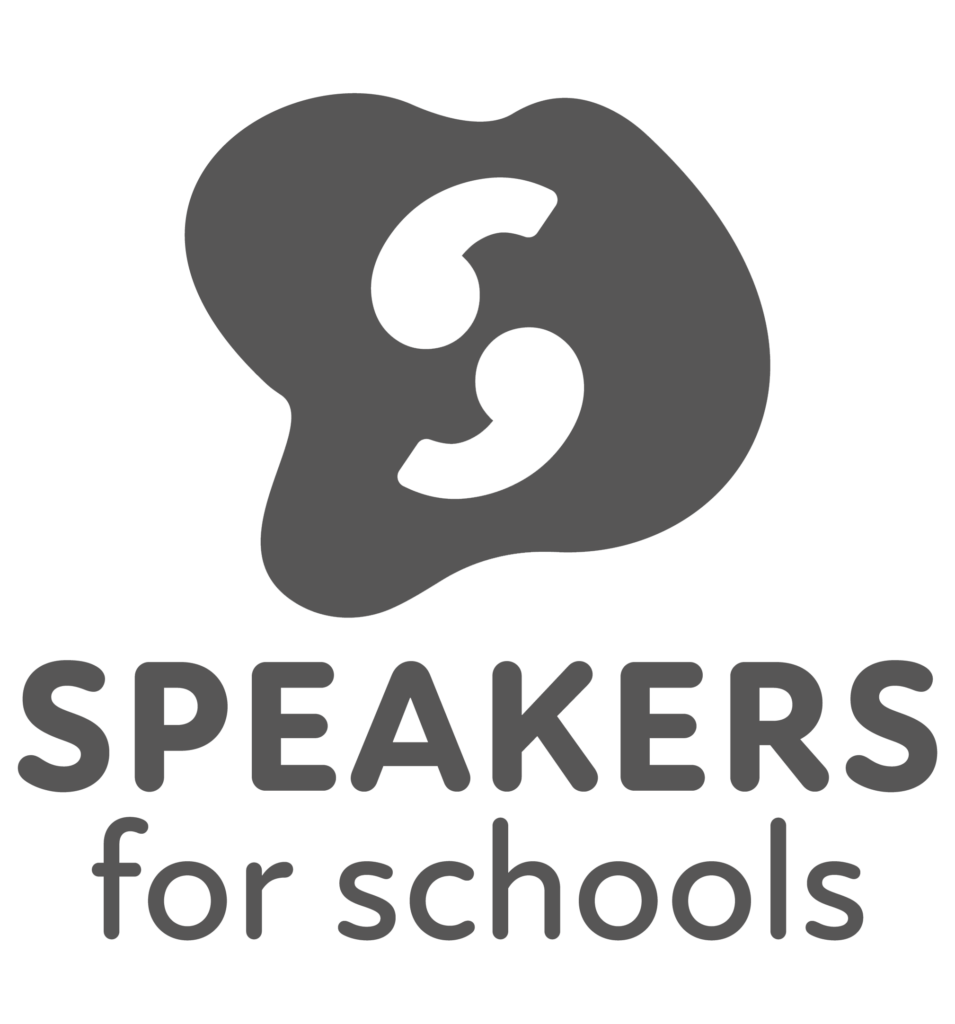Very often when attending IT Service Management (ITSM) events and meetings, discussions focus on the newcomers to our industry. Popular questions include, “where is the new blood and where it is likely to come from?” and “how can we encourage new people into our industry?” Teaching ITSM to young people and older career changers whilst they study on university programmes sends hope for the future because of the way that students engage proactively with the concepts and easily join in debates. This is primarily because they understand the service culture and often have strong opinions, both of which can have a positive effect on how they approach their studies.
There is no doubt that young undergraduates learn best when using technology, respond to different assessment types, can socialise, take global stances and use problem solving activities as a way to explore and develop their understanding. These younger students leave university and go into the world of work armed with theoretical knowledge of ITSM and with an enthusiastic and creative view of how they can use this knowledge in their new employment. Indeed, students can often get interviews and sometimes a job offer directly on the strength of studying ITSM on their degree course.
Mature students (better described as those with working experience and/or who already have jobs in ITSM) relate stories about how they have become more confident in using the material; often pushing back pre-conceived ideas held by them or their colleagues.
Whether they are young undergraduates or part of the more mature group, ITSM lecturers often find students enjoy the ‘journey’ rather than concentrating too much on the destination.
Longitudinal study of ITSM (observation over a period of time) has some benefits here; teaching staff witness the growth of the individual over the timeframe that they study.
The diversity in the student demographic is both constructive and challenging. It is often found that mature students engage more proactively with the material from the initial weeks of study as they are keen to apply additional concepts not normally included within the ITSM material; for example organisational change. However, this is not always the case as prior knowledge of ITSM is not always a prime motivator, nor is lack of prior knowledge a de-motivator; much depends on the individual.
The prime focus of many business and management events these days is about the value of good service and how businesses can use technology more efficiently with good outcomes for the customer. Aimed at business and IT professionals, these events prove beneficial as talking shops where the old chestnuts of organisational change, effective project planning and understanding stakeholder needs can dominate conversations. The ideology of a ‘service culture’ is easy to understand, but creating it is can be another matter. It seems that whether a person is a young undergraduate or a mature business or IT professional, the issues around creating good service are well understood.
It is easy to see why, in today’s service-orientated world, the progression to advanced thinking and understanding is important. This is confirmed by listening to conversations at ITSMF UK conference and events, where there are often enquiries from those working in ITSM about what further opportunities are open to them. For example, some people wonder what they can do after they have achieved ITIL Expert, when they may also have a range of other business or IT standards qualifications under their belt. Some have achieved a Master of Business Administration (MBA) from a university. Still questions remain about further ‘inquiry’ and/or personal or work-based research on service issues.
These are pertinent questions. After all ITSM is a practically based discipline and lends itself to further personal or organisational research beyond training or undergraduate education. One route for working students with a quality undergraduate degree, underpinned by other professional qualifications or industry experience, is that they may be eligible for direct enrolment onto a PhD. The challenge for universities is to understand the market need, to develop academic programmes which will be conducive to this, and to have specialist academics or professionals who are equipped to supervise students whilst they research. It could be argued that the ITSM industry needs its own journal where quality papers including sponsored and unsponsored research are peer reviewed and published.
Generational Differences
Going back to the question of trying to get to grips with where the next generation of ITSM professionals are likely to come from, it is important to understand how young undergraduates perceive service. As already noted, the concept is not alien to them. It is also important for the ITSM industry to understand the demographic of those already working in the industry, their motivations for further inquiry, and how they currently embrace the service culture.
Human resource research identifies the challenges to handling a multi-generational workforce by understanding the preferences, expectations, beliefs and behaviours of each generation*. So how can this apply to ITSM? It could be argued that those with work experience and/or qualifications in ITSM are more than likely to be aged from 34 to 45, a group which has distinctive attitudes to life, work and learning – tending to be salary driven and to see work as an anchor. Research shows that people in their mid to late thirties also place great value on work-life balance, and are less likely to succumb to work pressures than those over 45.
Conversely those in their late teens up to early thirties are the techno-savvy, confident and tenacious generation who rely heavily on technology for both work and pleasure and as such have different perspectives on jobs and lifestyle from their older counterparts. Having easily embraced technical inter-connectivity through social media, they are known for their collective action, flexibility and (generally) being street-wise. They naturally challenge long-held views and methods and are not afraid to say so. As such they expect old ways of thinking to be re-evaluated and for others to see that it is the end result that counts, not the perception of when, where or how things are done. In the university environment, they expect their lecturers to not only be cognisant of their view of the world but also to embrace differing views themselves.
Whilst these are generalisations, they are borne out by the author’s teaching experience. The prevalent attitudes of these two demographic groups can meld together quite happily, though, not only in the work place but in the way that they are trained or educated.
Embracing the Millennials
Understanding the mind-set of the newer generation (often referred to as Generation Y or Millennials) is a challenge for those teaching in universities. It is important for the service management industry to understand it too. Collectively, university staff and ITSM professionals may require a shift in thinking about how to encourage Millennials while holding onto existing values too. The shift must develop naturally from a blend of teaching and learning built on solid educational foundations. Importantly, it must come from positive knowledge sharing across generations, as noted by those developing multi-generational concepts in their workforce.
Enlightened ITSM departments will set up mentoring and coaching for these newcomers, passing on war stories and the benefits of practical experience. However, the shift should not just be one way. We should encourage the latest generation to influence and challenge old ways of thinking, readjusting long held perspectives and creating a new thrust in the development of the core material which reflects a ubiquitous service culture. As Gilbert K Chesterton stated, “Education is simply the soul of a society as it passes from one generation to another”. Therefore the soul of ITSM must persist and be passed onto the next generation.
Attitudes and values go beyond the generations. They are also affected by social, cultural and behavioural influences, so things are not always clear cut. The new generation, however, will not wait for changes to be introduced by their older counterparts; they will find their own way and they are here amongst us today!
We should value the mind-set of the newcomers for what they will bring to ITSM, giving them a status they can relate to: say, Young ITSM Professional. We should create the conditions where an inter-generational community of inquiry exists which is built on new ideas, is readily shared across social platforms, and fosters further debate.
Above all we should not be afraid to encourage profound feedback and comment from them as they challenge long-standing views and beliefs.
Quite rightly educational institutions should create mechanisms for all of this. Importantly, there has to be an endemic understanding of the challenges that these institutions face as they include ITSM in their academic portfolios. The ITSM community must also reflect and respond accordingly. Collectively education and training providers must work together to create mechanisms for lifelong learning and development in ITSM so that newcomers and those developing their existing careers are exposed to a blend of education, training and experiential learning via dedicated but flexible routes. The term ‘education’ in ITSM must be seen as a generic concept, not purely academic learning.


